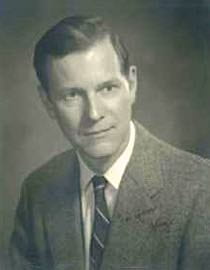
These are the important documents: (1) Johnstone’s original essay, “Odysseus as Traveler: A Categorial Study,” based on a reading of Homer’s Odyssey; (2) hieroglyphic travel, Johnstone’s categories arranged to show the relation of travel to desire as a gap created by the “ambiguity of completion.”
- Control: “We see that travel proper is impossible when the moving person exercises either too much control or too little over his movement. He must, then exercise some control, but also be submissive to some extent to the exigencies of his situation. I have just enumerated two of the categories of travel.” [Emphasis mine]
- Suffering: “The sufferer is still traveling, still attempting to increase his control. The challenge is exhilarating. Suffering is necessary because absolute control would transform a travel into an errand.”
- Curiosity: “The curiosity of the traveler opens him to the possibilities both of an alien culture and of an alien nature. He learns what man is capable of, and thus what he is capable of. He also learns the range of forms in which the earth can appear to us.”
- Accumulation: “Travel must be funded with memories of travel. You are not traveling when you are just starting out. Your trip must have a certain duration, a duration encompassed by memory.”
- Home: “The traveler must be at home in his travels; and one is at home only where a memorial deposit has accumulated.”
- Saturation: “Saturation can arise from a catastrophe so violent that it rips away the traveler’s sense of being at home in his travels. But it can also arise in nonviolent ways. Accumulation, I pointed out, requires that a trip be of a certain minimum duration. Saturation, on the other hand, arises from the exceeding of a certain maximum duration.”
- Reflection: “Reflection is a generic term of the account one must be able to give of one’s trip if it is to count as travel. … Reflection and Accumulation are … differently related to Home. Home is constituted of memories that accumulate. But we can be at home in these memories without knowing that we have a home.”
- Solitude: “Solitude is what distinguishes travel from migration. … [T]wo or more people can travel together, deliberately sharing an itinerary which in different ways satisfies the travel purposes of each. … My point is only that each must make the trip for himself, reflecting on it in his own way, acting on the basis of his own curiosity, subject to his own physiology of saturation.”
- Personal: “A traveler needs a guide. If he finds himself in truly strange circumstances, he will not even be able to grasp how strange they are if he is limited to his own interpretive resources. He can at most guess what the strange structures are that he sees, or what the weird rituals are intended to bring about. He needs to have these things explained to him.”
- Naïveté: “The fact that curiosity can be suffocated by facts points to the need for a categorical term to designate unsuffocated curiosity.”